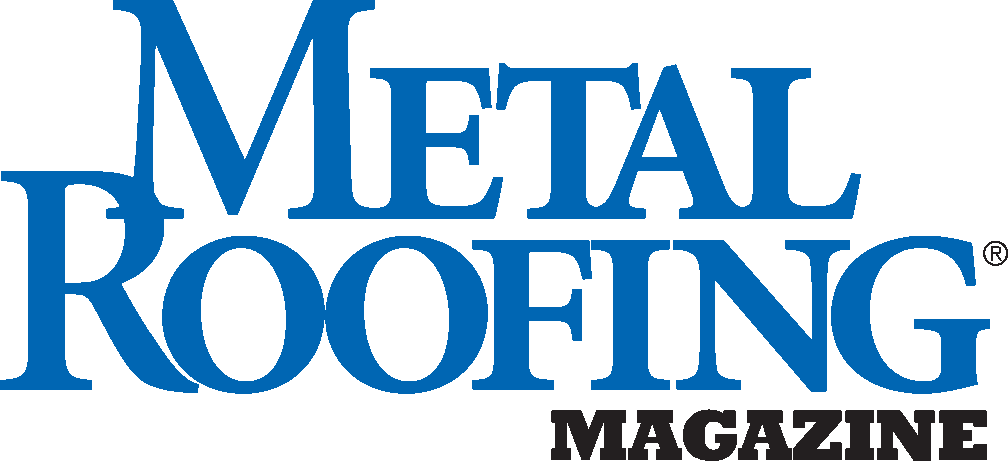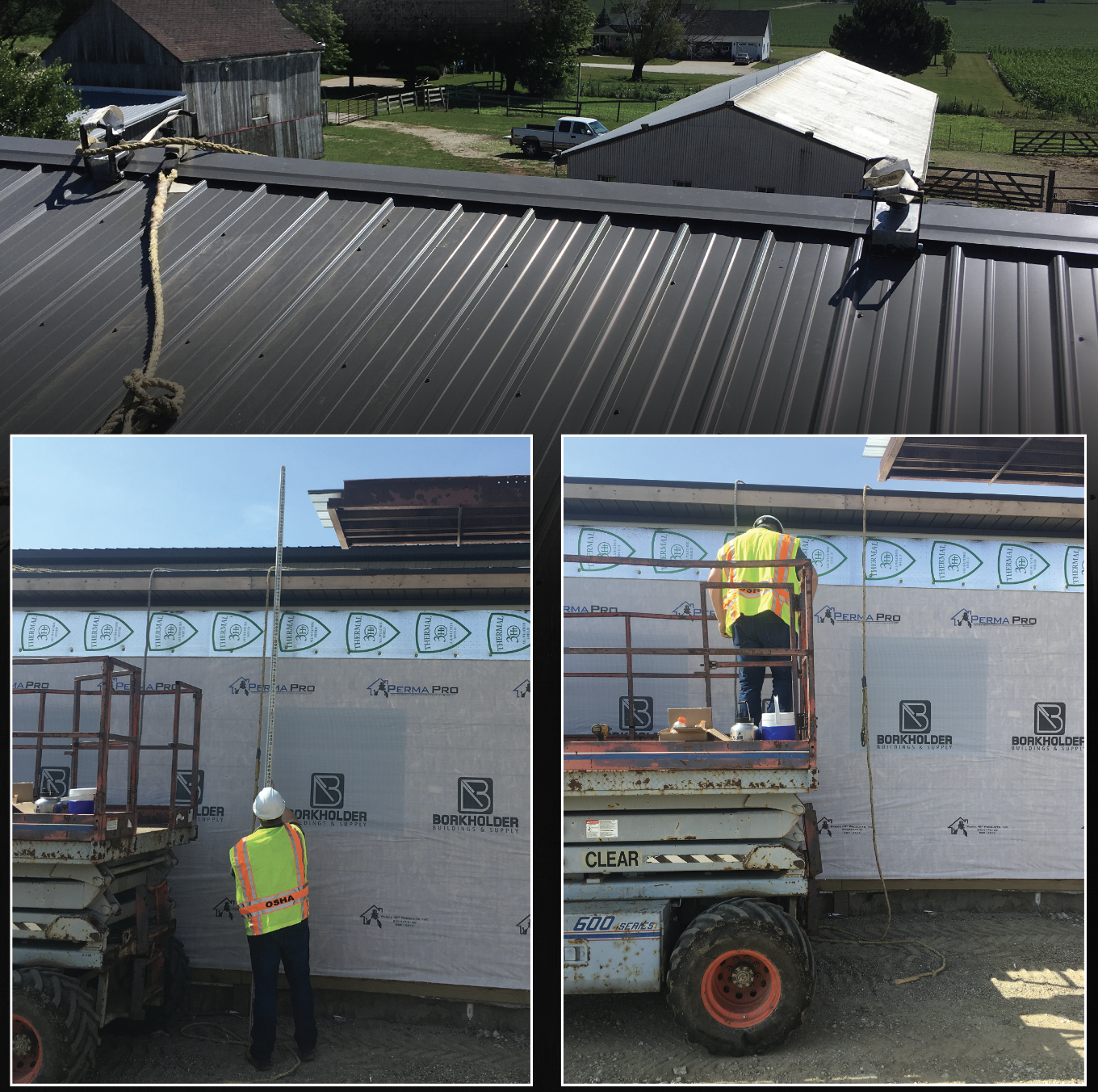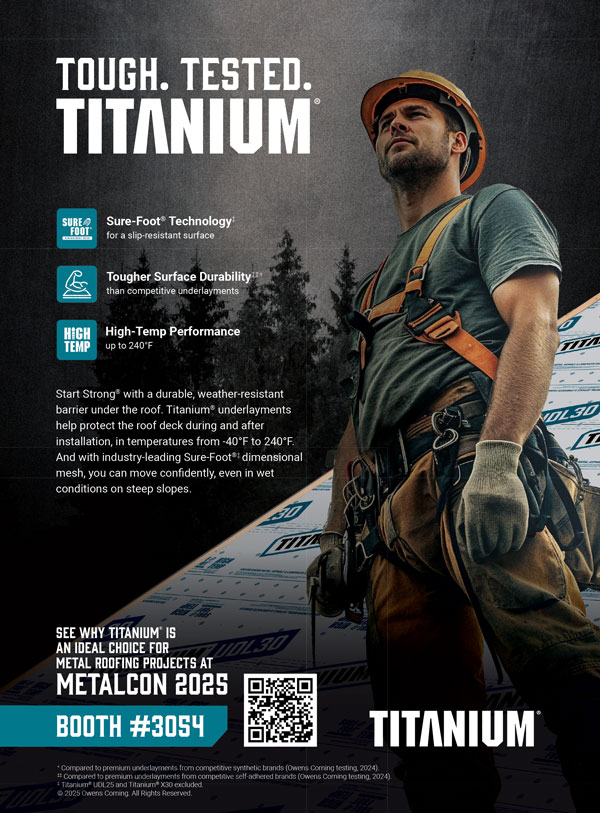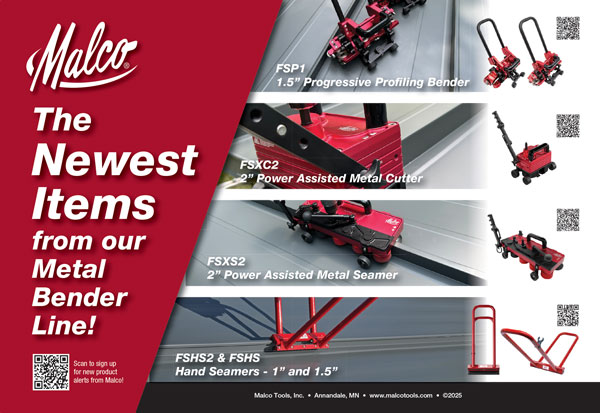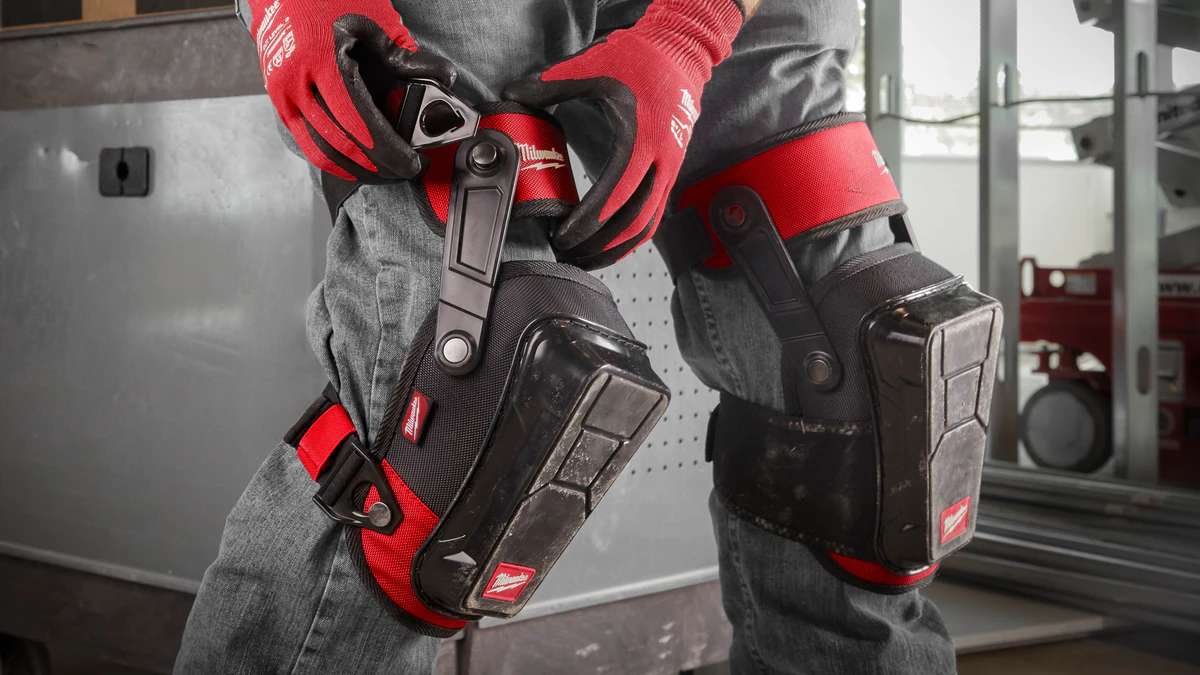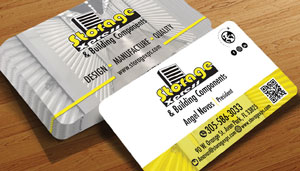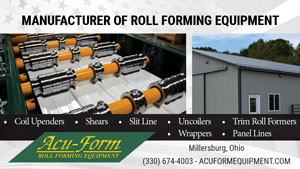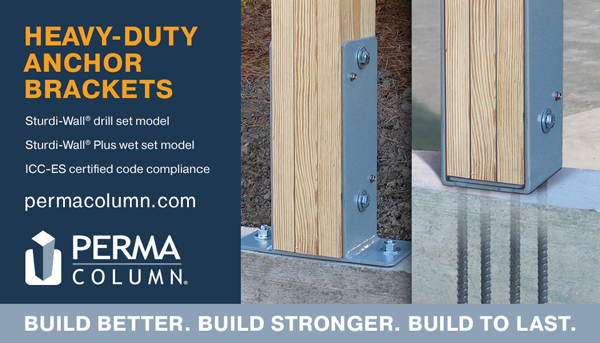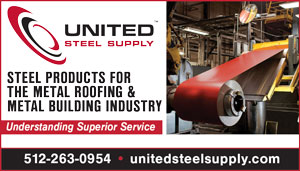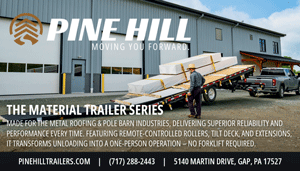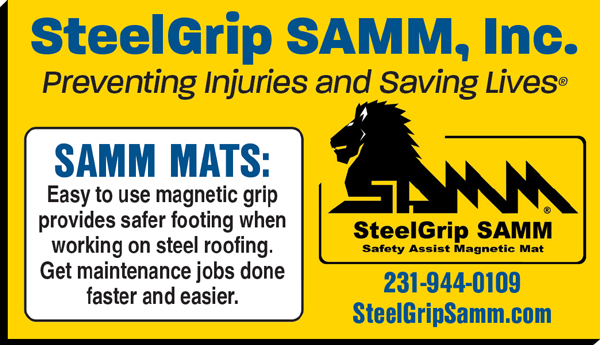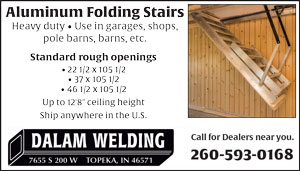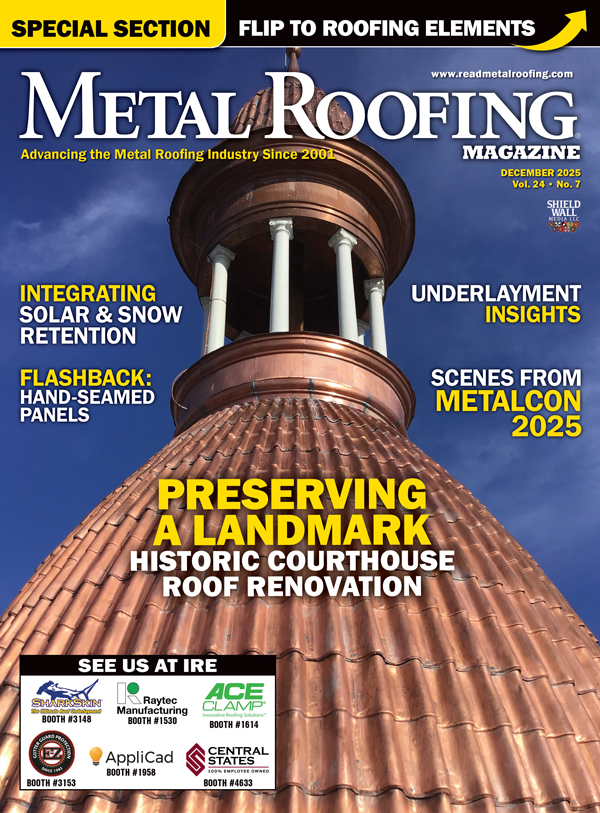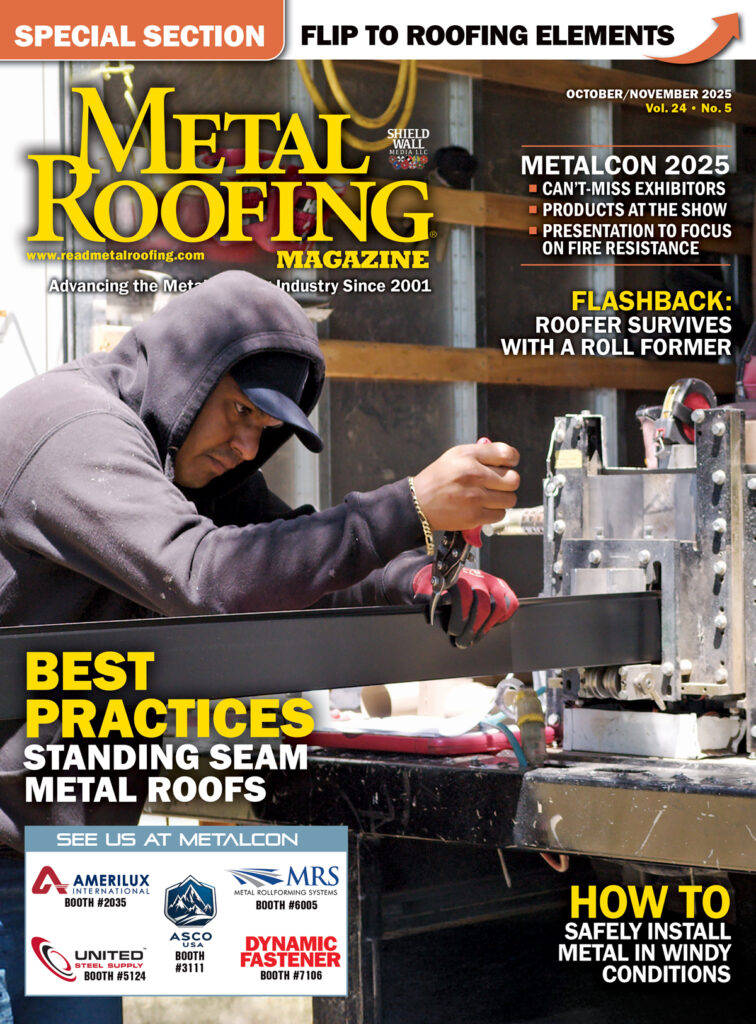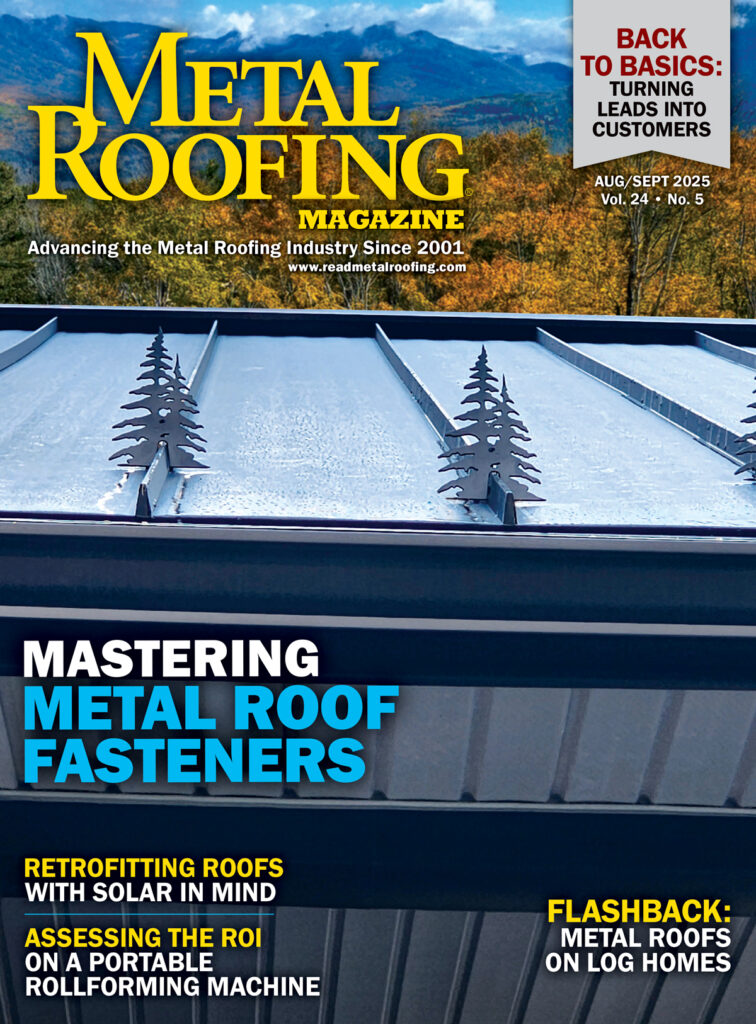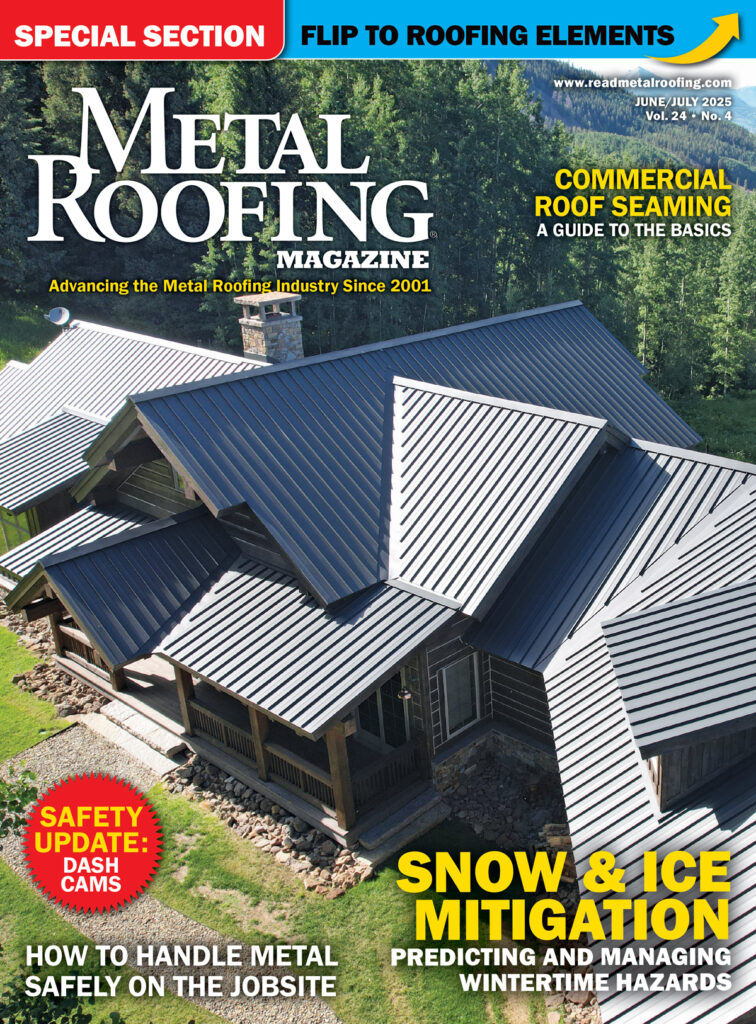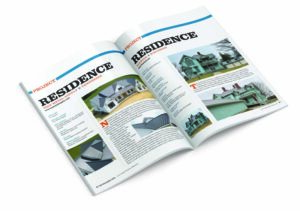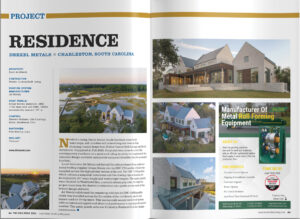It’s no secret that roofing is a dangerous profession, with falls causing severe injuries and even fatalities. The job is a rewarding one, though, or it wouldn’t be worth the risk. We recently spoke with Todd Meinhold of Cool Roofs, H&D Quality Builders, and Ridgeline Safety Systems regarding safety on the job site. He provided the following real-world tips, including some he learned firsthand after his own OSHA inspection and fine. Read on for what you should do, as well as mistakes to avoid.
1. TIE OFF 100% OF THE TIME. This will save your (or your co-worker’s) life.
2. Don’t ever put yourself in a position where you have to tell someone’s family that their loved one fell off a roof and did not survive.
3. NEVER ASSUME…that the roof is not too slick…or that steep…or…the list goes on.
4. The attitude of “I am just going to jump up there quick” WILL cause an accident. Being in a rush will lead to problems—maybe not now, but eventually.
5. Frequency (of small mishaps) leads to severity (and big accidents). Report the NEAR MISSES! This will save a life, possibly yours!
6. Select and USE tools that the market has developed to stay tied off or to install in a safer manner. There are products out there that help with body fatigue, slippage, and dangerous installation steps like installing the ridge cap—products made by roofers, for roofers.
7. Plan for the safest way to install each area of the roof BEFORE you start the roof. PRE-site plan—including what equipment is needed, weather updates, wind direction, obstacles to deal with on each area, etc.
8. Know the limits of your safety gear: how many people per anchor, the weight limit per ladder, where can you tie off on your harness, is the harness rated for your size, when should your harness be taken out of service, etc.
9. Different metal requires different footwear. Make sure you’re wearing the proper shoes (and gear) for each specific job.
10. Don’t forget PPE—what gloves to wear and when, the necessary clothing, and eye protection! Metal is razor-sharp when cut and has burrs that can gouge.
BONUS: Above all else, keep up on your training and work hard to regularly gain knowledge! Good decisions can be made when you know what you need to know. Field training is important—ignorance is not an option in roofing, it is a death sentence. MR

